Waterbury, CT Drug & Alcohol Treatment Centers
Looking for help with addiction in Waterbury, CT?
Insurance
Treatment Programs
Looking for help with addiction in Waterbury, CT?
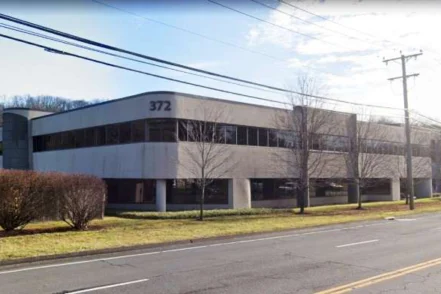
372 Danbury Road Wilton, Connecticut 06897
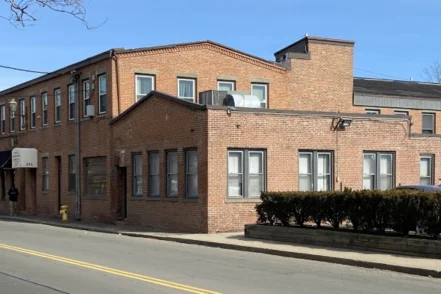
311 East Street New Haven, Connecticut 06511
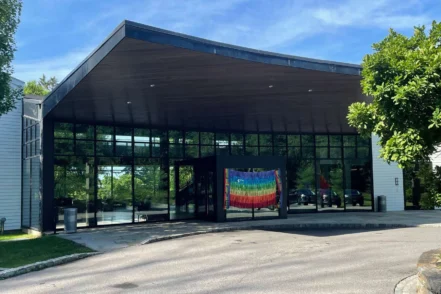
187 South Canaan Road Canaan, Connecticut 06018
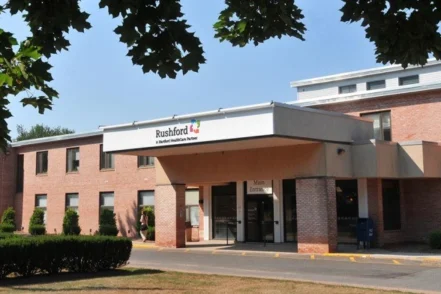
883 Paddock Avenue Meriden, Connecticut 06450

208 Valley Road New Canaan, Connecticut 06840
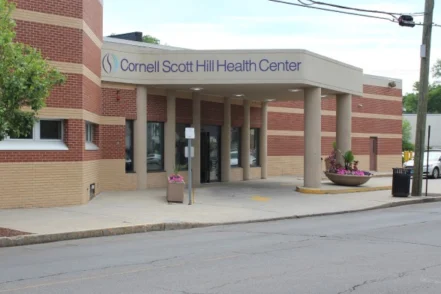
400 Columbus Avenue New Haven, Connecticut 06519

60 Beaver Brook Road Danbury, Connecticut 06810
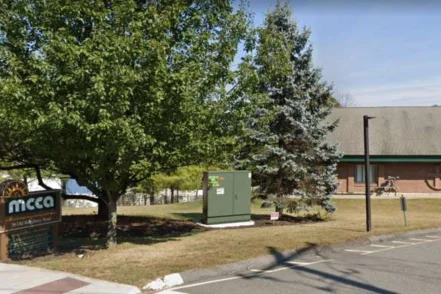
38 Old Ridgebury Road Danbury, Connecticut 06810

556 Washington Ave, Unit 201 North Haven, Connecticut 06473